A lot of kids dream of becoming actors, but for the children who actually start working in Hollywood at a young age, it can be more like a nightmare. Many of them didn't even choose this life for themselves, and sometimes, child stars who don't come from wealthy backgrounds end up being their family's breadwinner.
Here are 15 child stars who financially supported their entire families:
1. In a since-deleted audio clip on Tumblr, Cole Sprouse said that he and his twin brother, Dylan, were "put into acting when [they] were 8 months old by [their] mother because [their family] needed money."
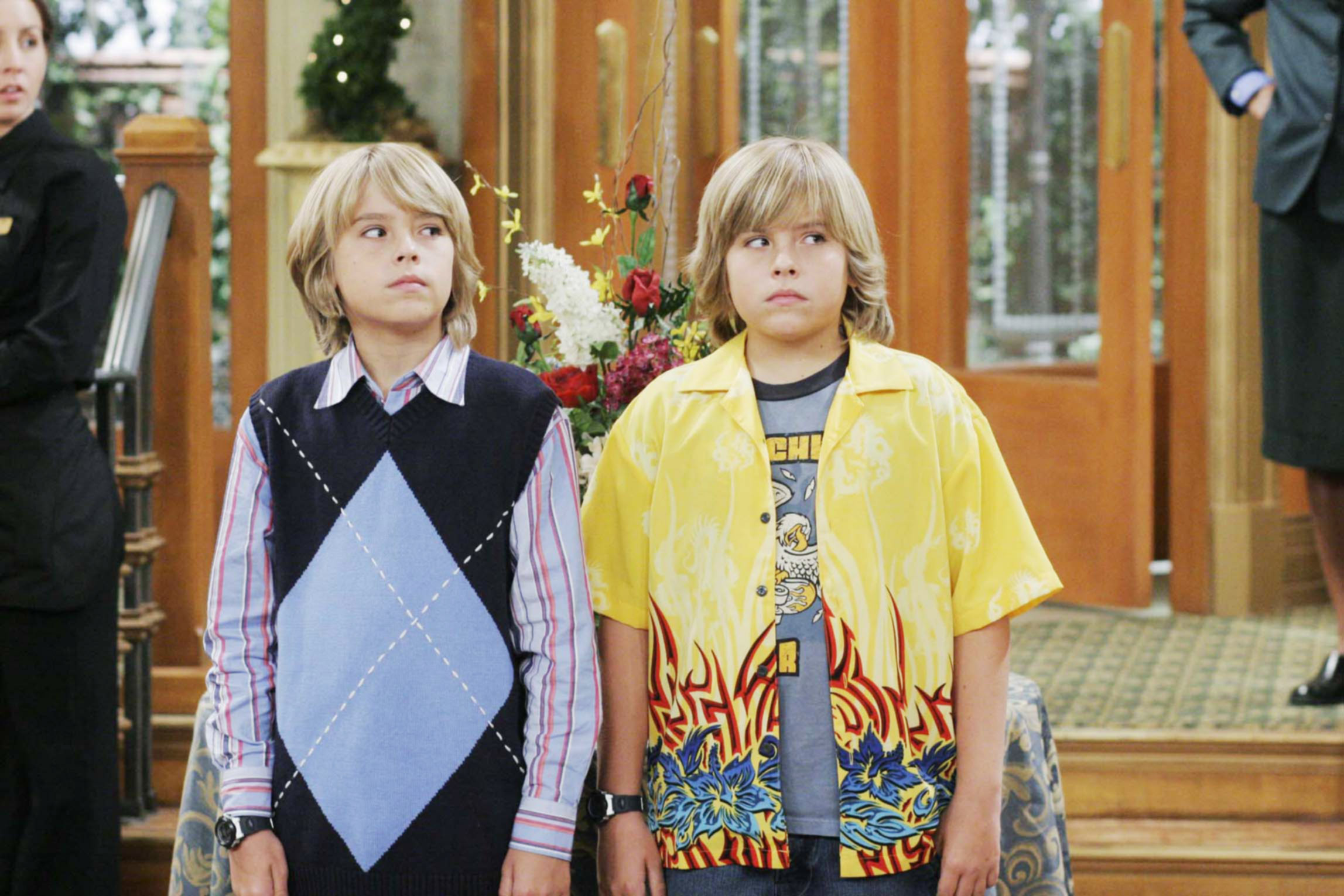
Speaking on the Call Her Daddy podcast, he explained that their mother's issues with mental health and addiction contributed to her being "financially the most irresponsible woman ever." He said that when their dad was given forced custody when the boys were 10, their mom had already spent everything they'd earned from their early acting jobs. Though their dad wanted them to be "normal kids," he ultimately decided that the boys' acting careers were a financial necessity.
Cole said, "By the time my brother and I got to the Disney Channel, we were good. It was a huge boon to us. It was, in many ways, a lifesaving show. It provided us with an amount of stability and consistency, and routine, that really was needed for my brother and I at the time."
2. When Demi Lovato was a teenager, their status as the family's breadwinner led to a power imbalance and strained relationships with their parents. For example, when their parents would try to ground them at 17, they'd respond, "I pay the bills."
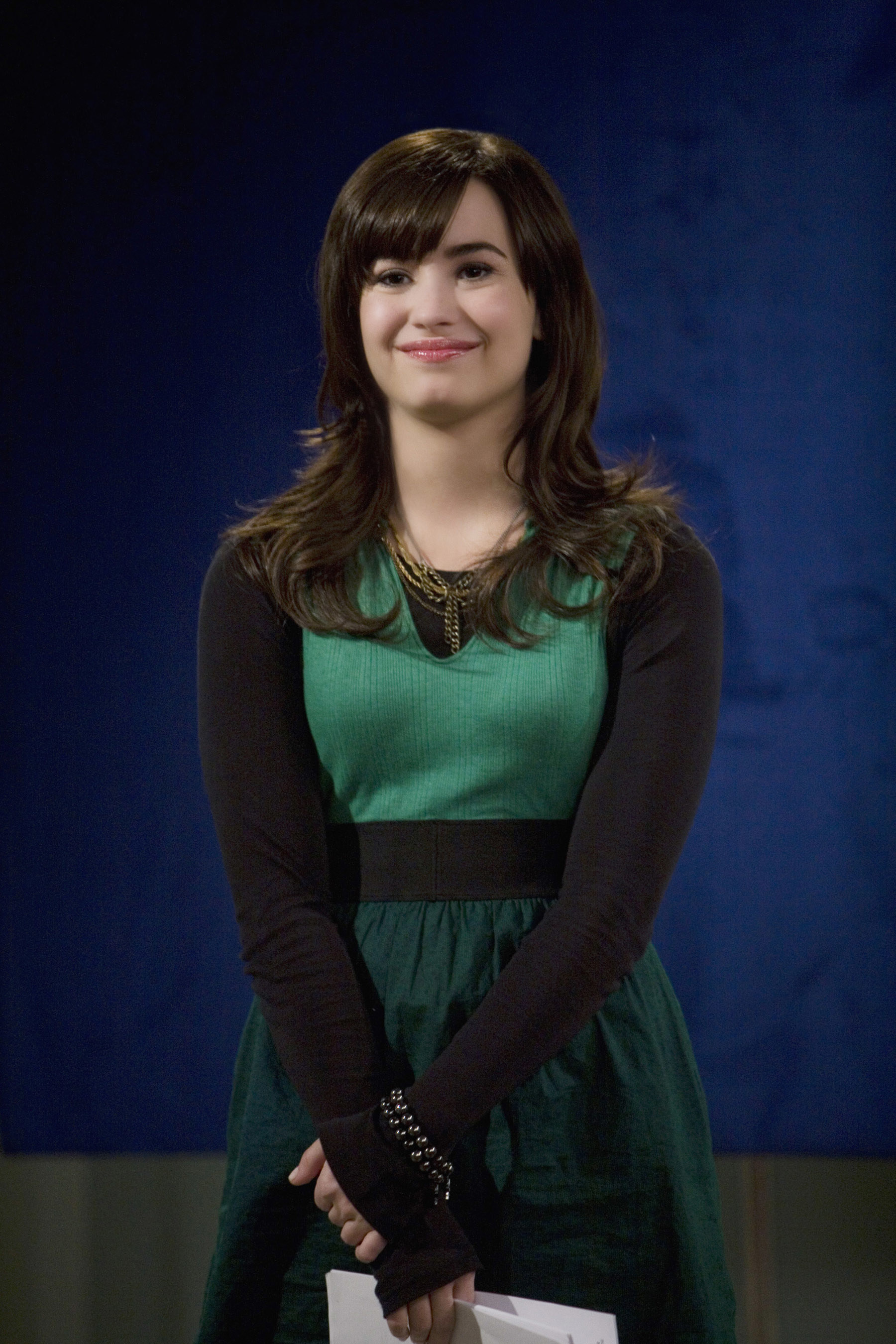
On her podcast 4-D With Demi Lovato, Demi said, "I cringe now when I think about that attitude, but when the world is putting you on a pedestal, you kind of think that you could do no wrong. As I've gotten older, I see my parents just as big kids themselves."
3. As a child actor, Drew Barrymore felt that "it's the parent-child dynamic that gets completely reversed." She emancipated herself at 14, becoming independent of her mom. As an adult and as a mother, she "had to completely relearn what [the] parent-child dynamic is."
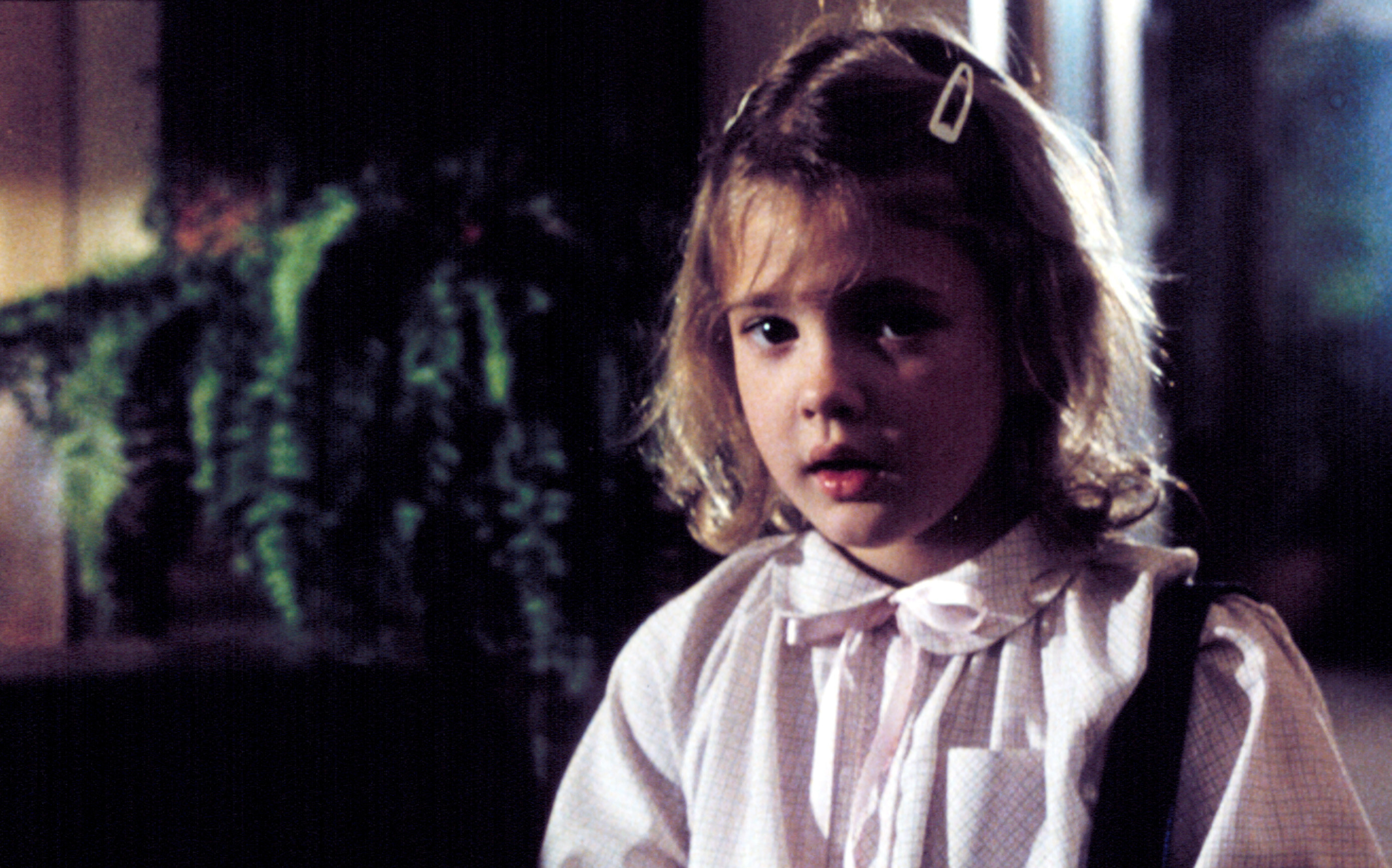
On 4-D With Demi Lovato, Drew said, "I, for 20 or 30 years, felt toxic inside that I had to keep separating myself from her to gain an autonomy and a structure and boundaries ... and learn everything on my own. I realized that her and I were friends. We were not parent and child ... I couldn't have a relationship with her until I figured that out for myself, and could come to her as a woman."
4. Bella Thorne only took the role in Shake It Up because her family was "about to live physically on the street if [she] didn't have that role."

On the Happy Sad Confused podcast, she said, "We were living off Stouffer's coupons, and that's all we had to eat every day. That may not sound like a big deal to everybody, but when you're a single mom raising four kids with debt and you have nothing to your name, it's fucking shitty."
5. When Keke Palmer was little, her entire family moved from Illinois to California so she could pursue an acting career. At first, her dad continued working while her mom stayed with her on set, but that became challenging because they needed to have one parent available to care for their three other children. So Keke "became the financial breadwinner because [her] career was bringing in the most money, and [her] parents wanted to support [her], but they couldn't have their own jobs because their own jobs would not even allow them to really be able to sustain a stable household."
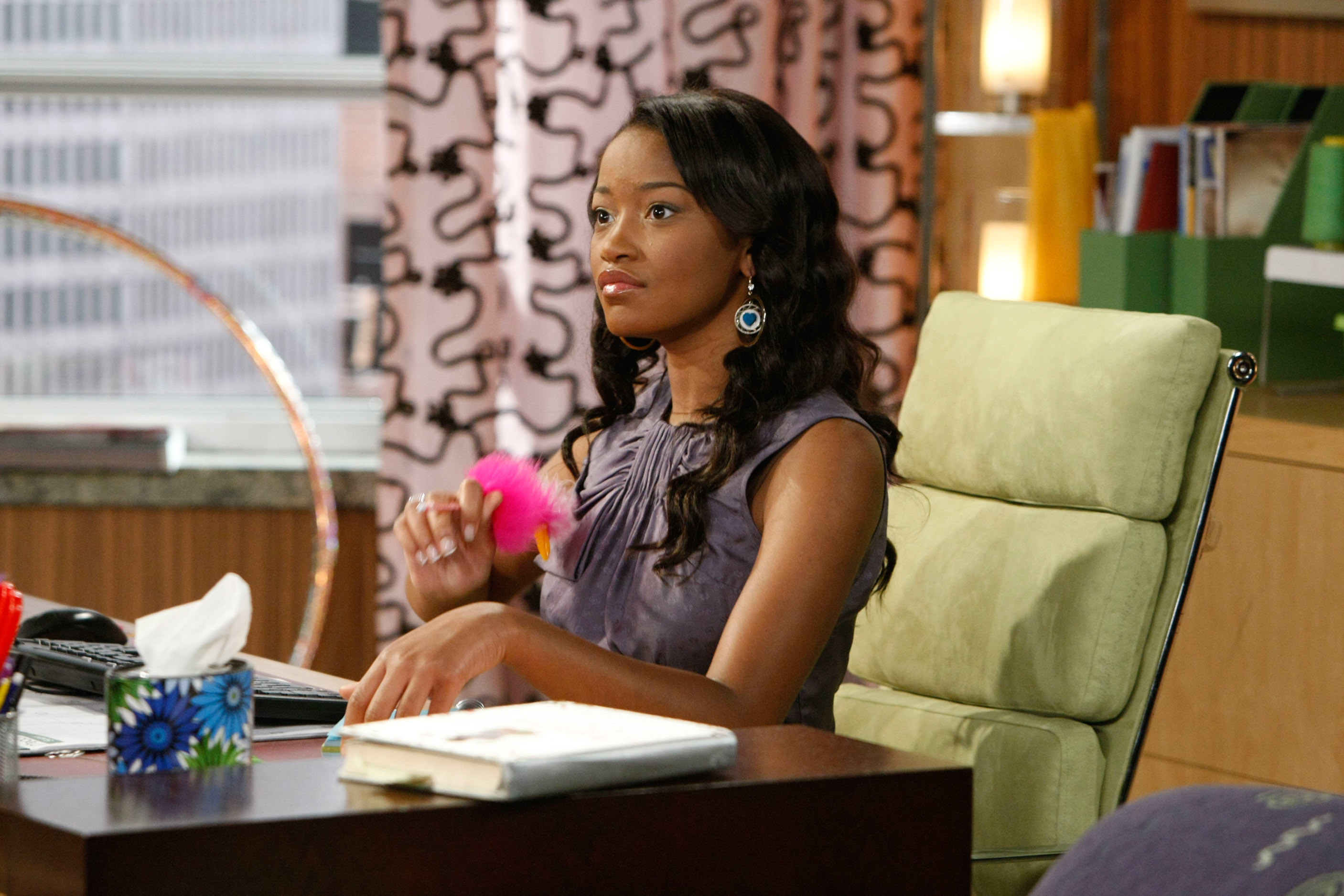
Keke told the Los Angeles Times, "So everybody's positions were flipped upside down, which is why some years after that, I did start to feel pressure. I started to realize that I was the financial breadwinner, and that if I didn't have a job, who would have a job? Or how could my parents have a job? Or how could we sustain the same lifestyle even if they did have a job? Because I was making the kind of money that many people never make. It put us in a crazy position."
6. When Jennette McCurdy was only 6, her mother pushed her into acting. As her family's main source of financial support, she was taught to view her body and emotions as commodities.

She told BuzzFeed News, "I do hope that if there are parents that are considering putting their kids in acting, I hope if they read the book [her memoir, I'm Glad My Mom Died]…they don't.”
7. Jackie Coogan was a massively famous child star in the 1920s. However, after his dad died and he turned 21, he discovered that all the money he'd earned growing up was gone. He ended up suing both his mom and his former manager, which led to the creation of the Coogan Law to protect child performers.
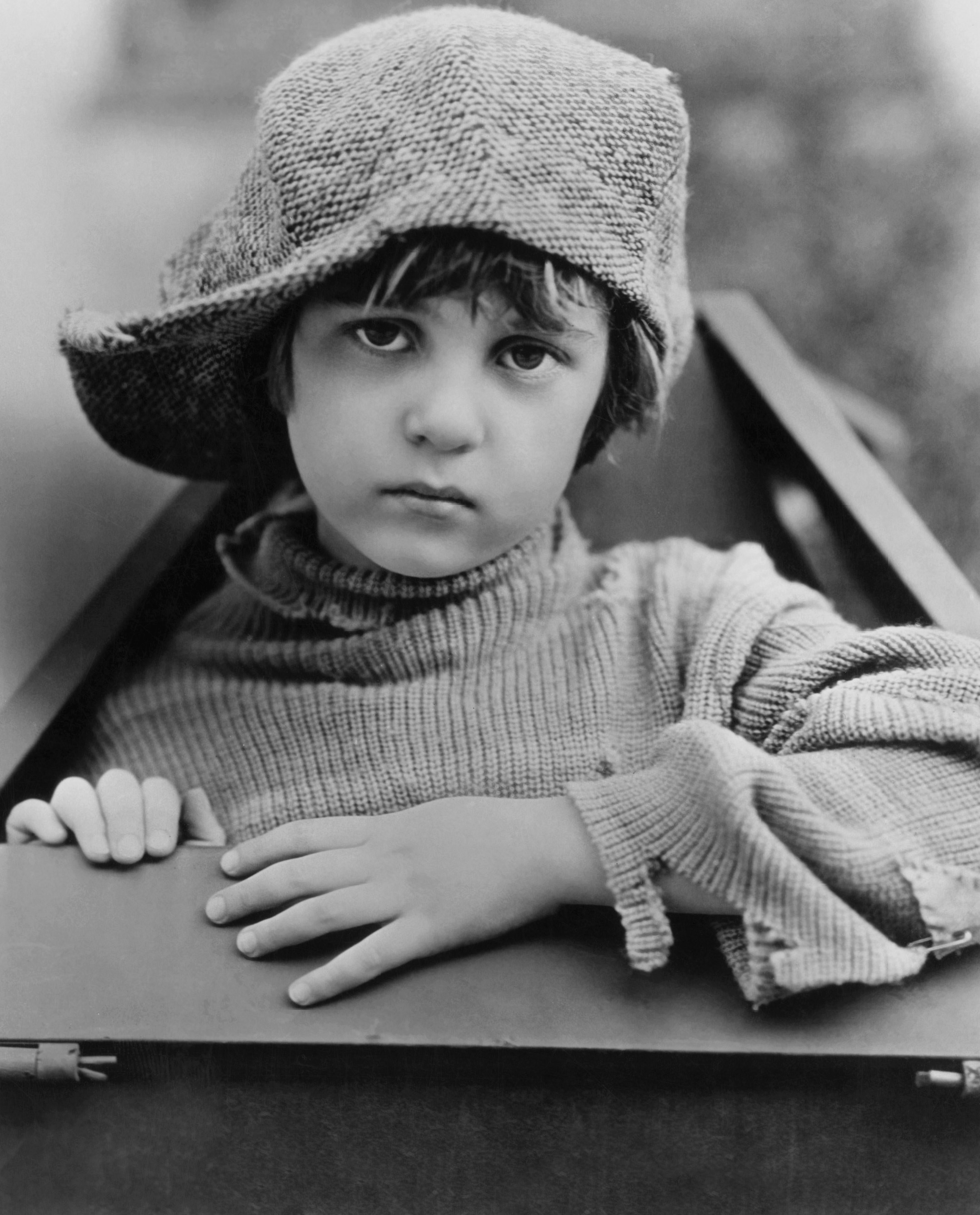
Jackie was also able to get back some of his money from the lawsuit against his mother.
As it stands now, the Coogan Law, which is applicable in several states, requires that 15% of the money a child actor earns must go into a protected trust fund, aka a Coogan Account.
8. Aaron Carter was managed by his parents and made over $200 million before turning 18. His family lived on a massive $10 million compound, which he'd largely paid for. However, there "was a lot of neglect on [his] parents' part," and "they didn't do a lot of things right." When he turned 18, he got $2 million, when his Coogan Account should've had $20 million in it, and he discovered that he owed $4 million in tax liens. So he made the difficult decision to file for bankruptcy.
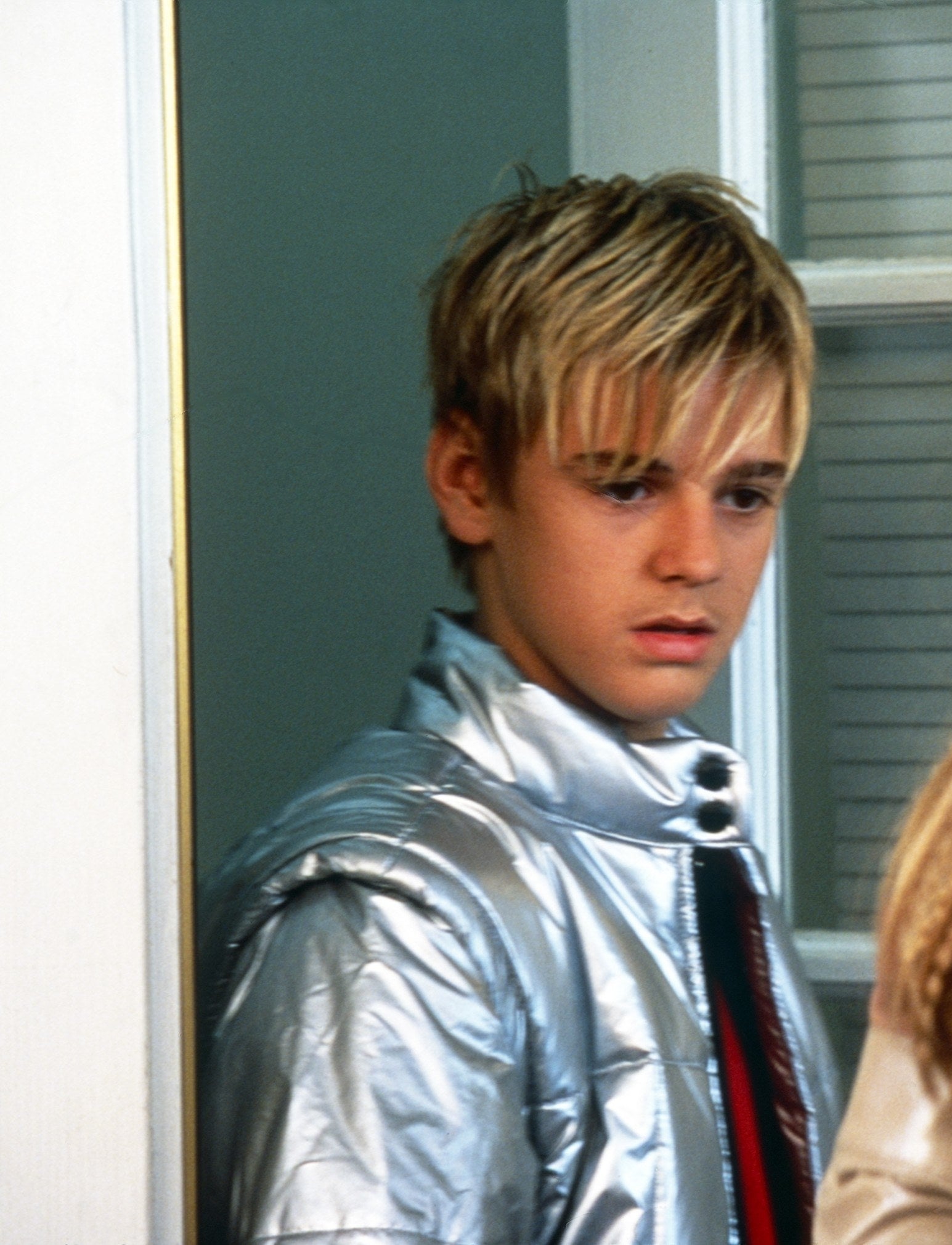
In 2016, he told HuffPost, "I hadn't taken a break. It was almost like 10 years that I had not stopped working for my family. ... I had done a lot of that stuff, and I never got any of those returns back or anything like that. … Even at this point, I've never even owned my own home."
9. Macaulay Culkin's father, Kit, pushed him into child acting. His parents served as his co-managers, and their separation resulted in a big custody battle where, according to Kit's lawyer, "the key issue [was]: does an award of custody equal management of a career?"
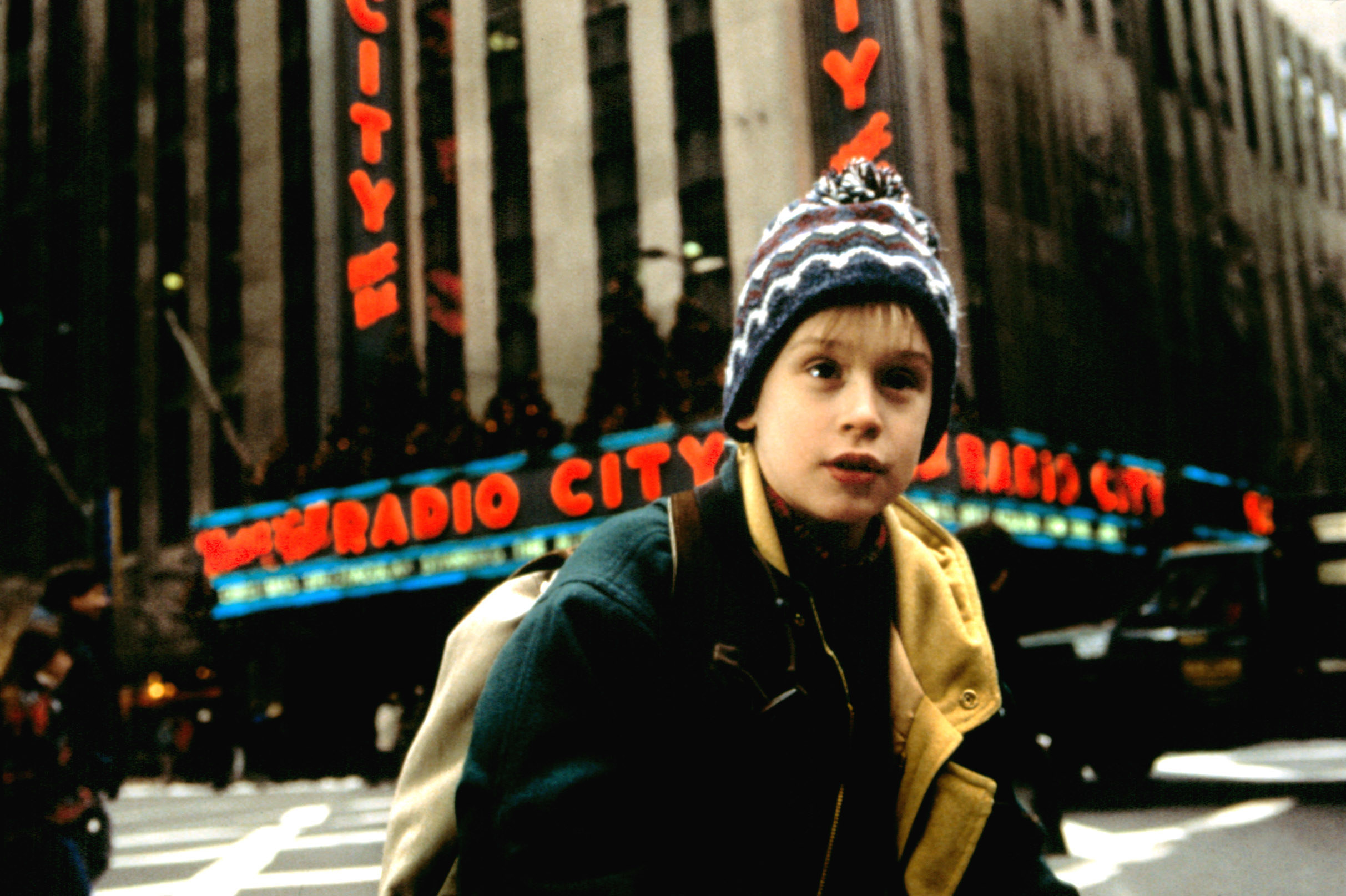
Taking matters into his own hands, Macaulay "legally took [his] parents’ names off of [his] trust fund and found an executor, someone who would look over [his] finances, just in case anyone wanted to stick their fucking pinkie in the pie," he told Esquire.
"It’s always misconstrued ... the story was that I divorced my parents. I just thought I was doing it cleanly — taking my father's name off, taking my mom's name off — so my opinion is unbiased. And when I did that, the whole thing kinda ended a lot faster."
10. Corey Feldman "started working at 3 years old, and it wasn't [his] choice." When he was 15, he alleged that his parents stole $1 million from him. Soon after, he emancipated himself from them.
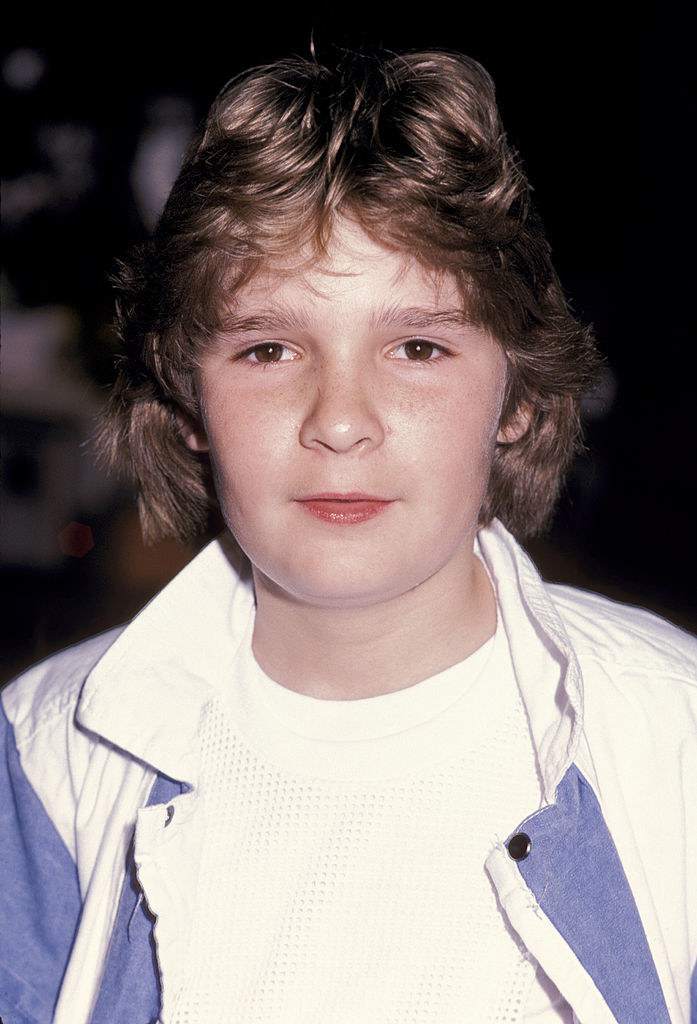
He told People magazine, "I was basically a slave child."
11. Leighton Meester used to give her mom, Constance, a $7,500 monthly allowance to cover her brother's medical expenses. However, in 2011, Constance allegedly threatened to sue her for $3 million if she didn't raise it to $10,000; then Leighton sued her mother for using the money to treat herself instead.

Constance countersued her and alleged that she broke financial promises she'd made to her family, but she later dropped it.
Then, in 2012, Leighton won her suit. A judge ruled that she'd never promised to give her mother $10,000 a month for the rest of her life, as her mother had claimed, thus freeing Leighton from any financial obligations to Constance.
12. Gary Coleman's trust fund containing his earnings from Diff'rent Strokes should have had up to $18 million in it, but when he was able to access it at 17, he was shocked to discover that it contained only $220,000. So he sued his parents and ex-manager for skimming his earnings. The lengthy court battle lasted four years, but eventually, in 1993, a judge ruled in his favor, granting him $1.3 million.
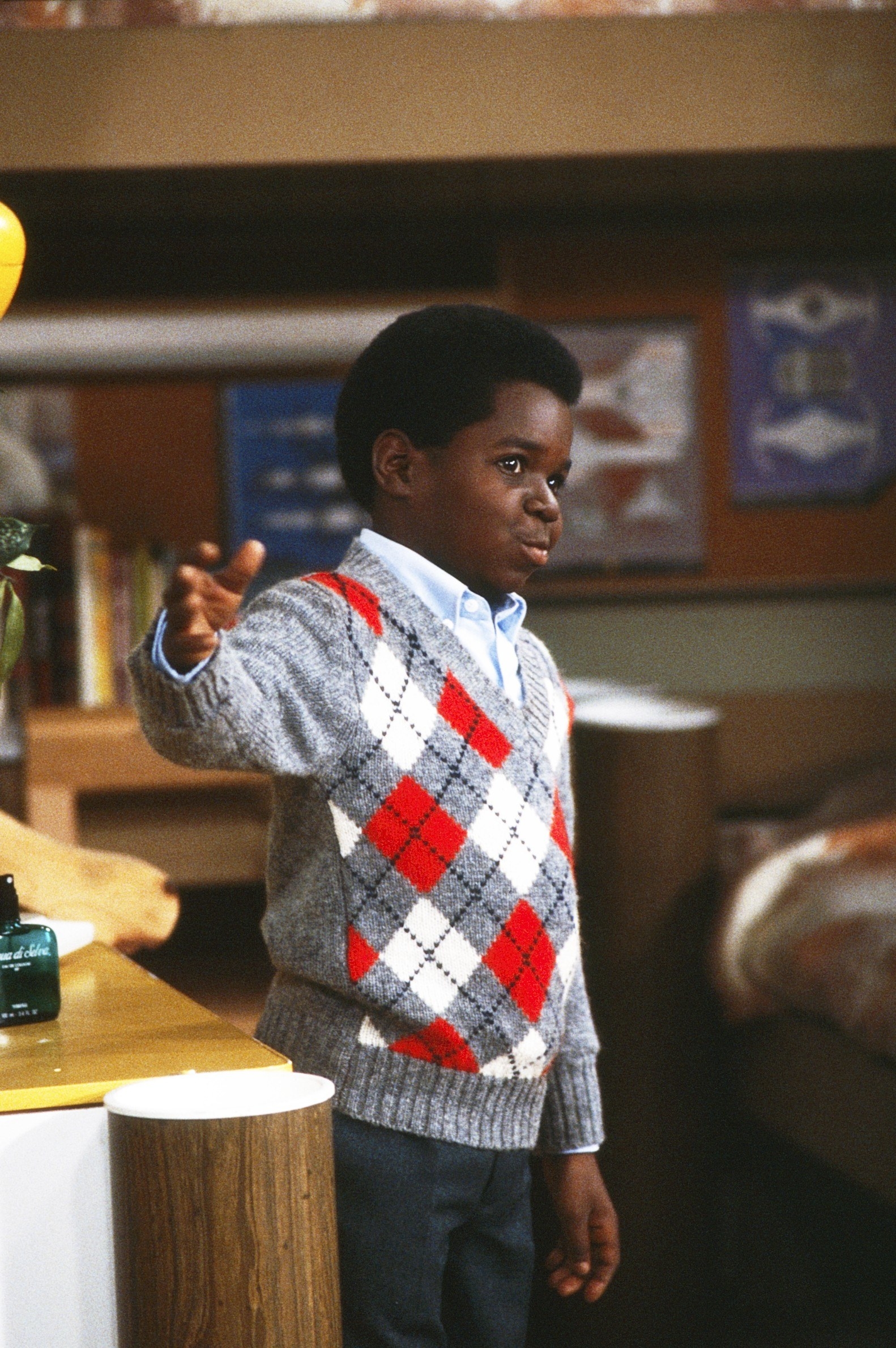
13. In 2015, Mischa Barton sued her mom and former manager, Nuala, for allegedly withholding her royalties, lying about her salary from a movie so she could pocket the difference, making reputation-damaging endorsement deals on her behalf, and kicking her out of the multimillion-dollar home they bought with money that Mischa earned as a kid.

14. Judy Garland was only 2 when she and her two older sisters were pushed into performing. Their parents would have them sing and dance before showings at the cinema that their dad owned. When she was 4, the family moved to California. She signed with MGM at 13, and the studio "became kind of a surrogate parent."
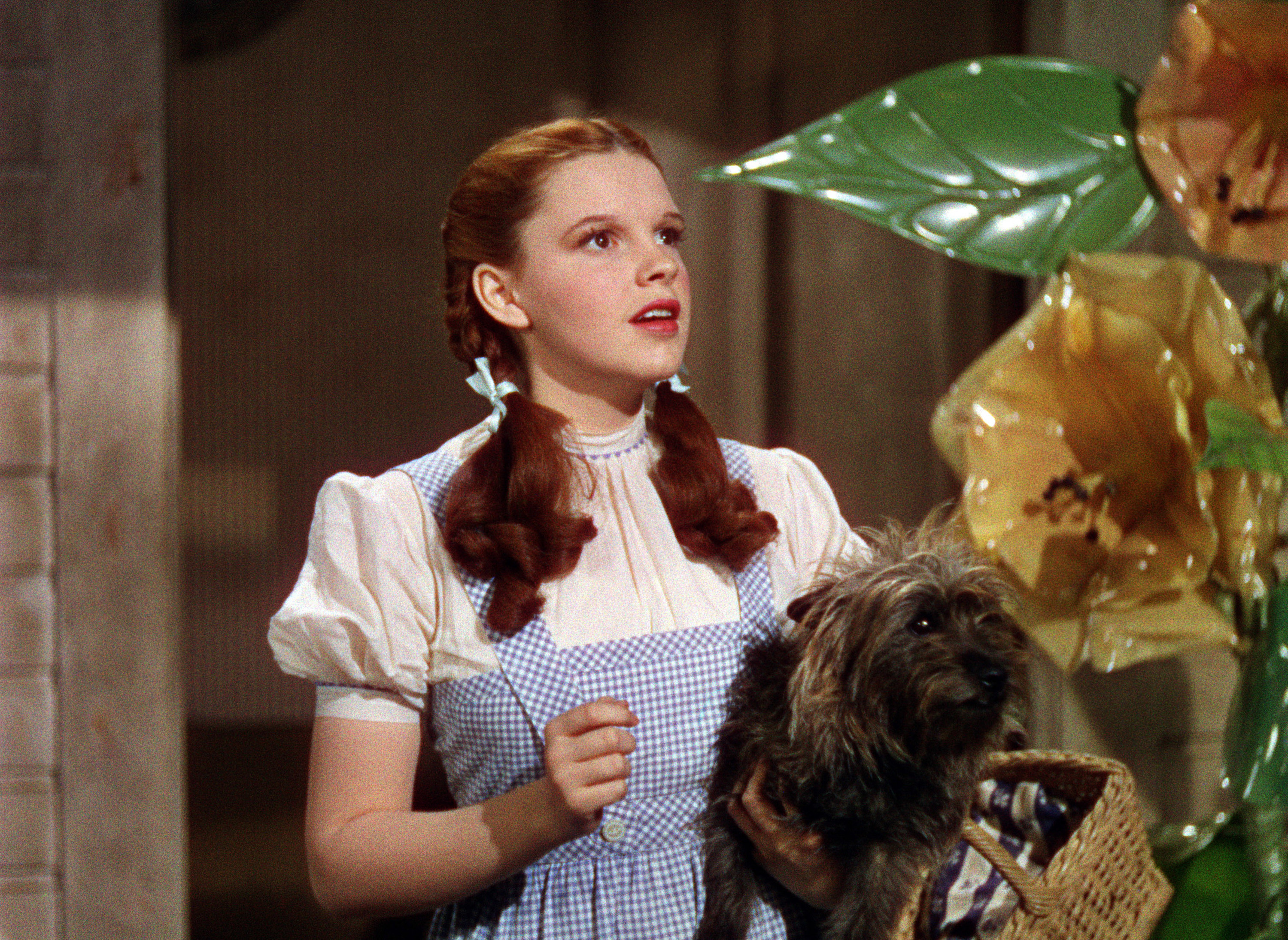
Her daughter Lorna Luft told the Sunday People, "When you're the breadwinner and you're a child in this business, something is not right. You need a grounding to keep you normal. My mother never had that. It was the 1930s — there was no help. There was no education and no facilities, and so it was a train on the road that ended very sadly."
15. And finally, when Jena Malone was 14, she sought emancipation and sued her mother, Deborah, for allegedly wasting over $1 million of her earnings. Her lawsuit also alleged that, thanks to Deborah's mismanagement of her money, she owed $20,000 in taxes and had no money left in her college fund.
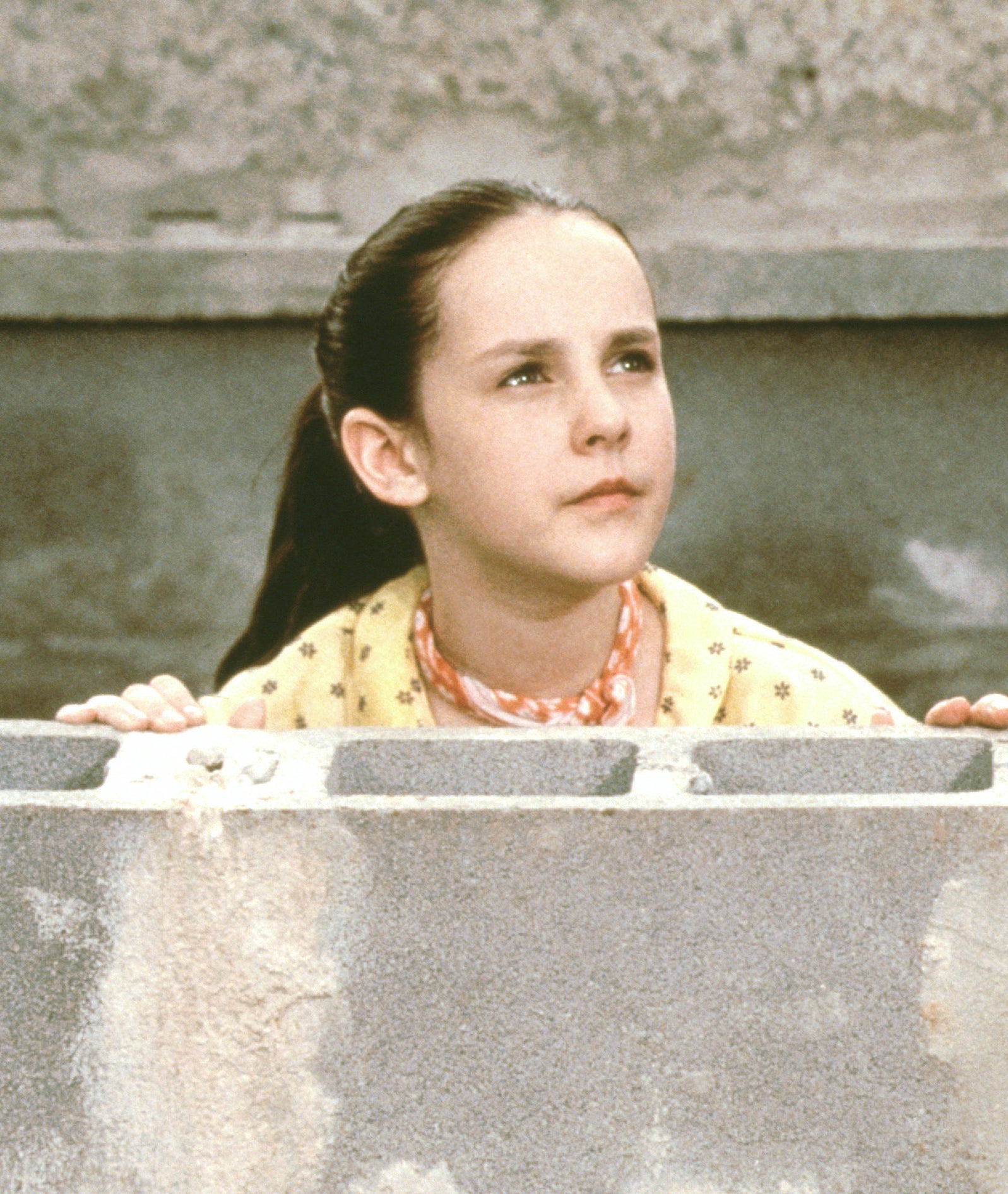
She told Index Magazine, "Financially, I had come to a sink-or-swim situation. I ran into some strange tax problems, and the only way out of them was to get to my trust fund. ... To get out of my financial problems, I petitioned the courts to become emancipated. ... I wanted to be legally responsible for myself. I wanted to sign my own contracts. If a mistake was made, I would be accountable, and I would learn from it. Unfortunately, it's not as easy as it sounds. It was a nine-month process of proving my mental and financial stability."
However, it also improved her relationship with her mom. She continued, "We have a better relationship now than ever before. As with any change, you learn a lot. You see things more truthfully."
